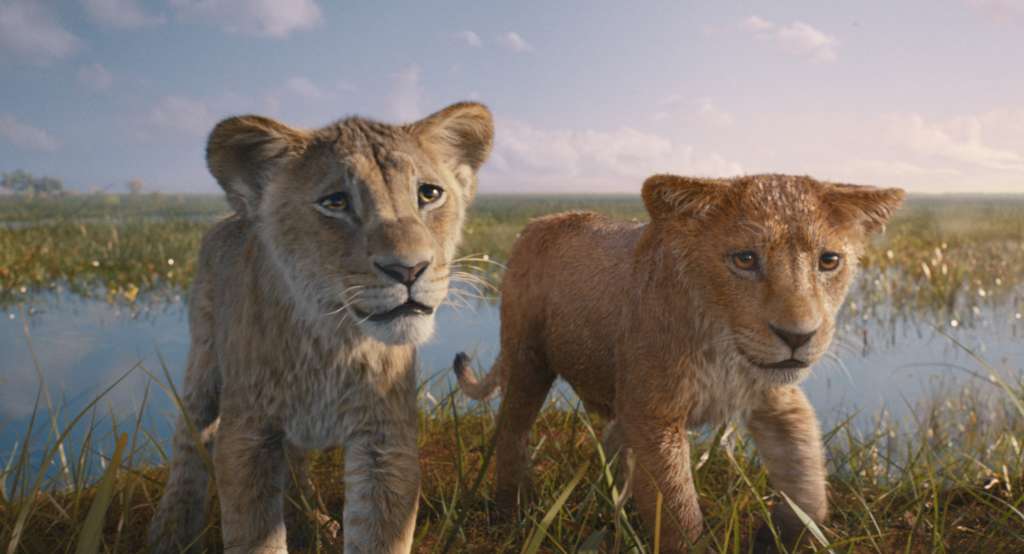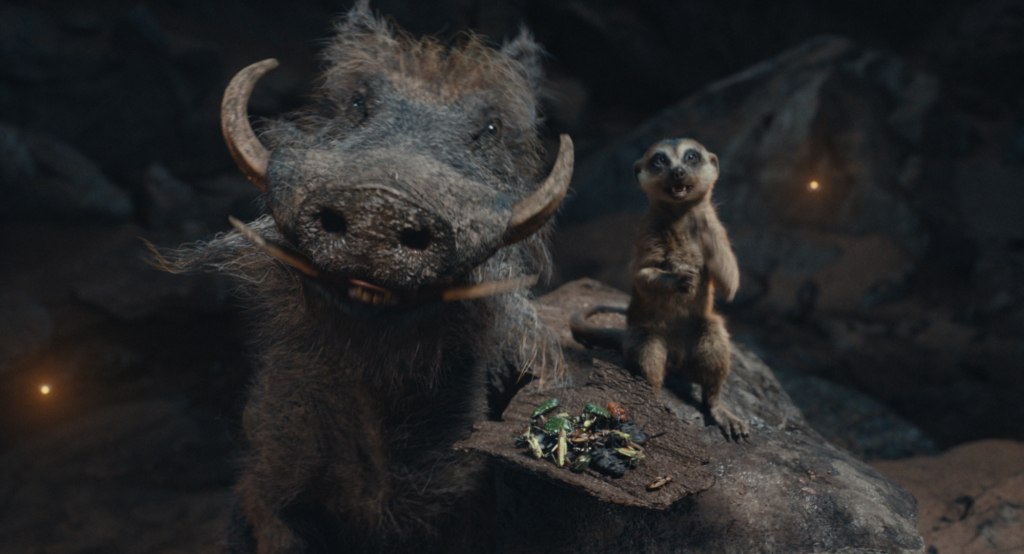[ad_1]
Mufasa: The Lion King takes audiences back to the origins of one of Disney’s most iconic kings. Directed by Barry Jenkins, the film explores the untold story of Mufasa’s rise to greatness. Through breathtaking visuals, thrilling action, and deep emotional resonance, the story follows a young, orphaned Mufasa as he faces adversity, rivalry, and destiny. At its core, the film uncovers the complex relationship between Mufasa and his brother, Taka—who will one day become Scar—while weaving a larger tale of family, loyalty, and the pursuit of legacy.
Mufasa The Lion King Trailer:
The Good:
One of the film’s standout highlights is its theme of family and, more specifically, brotherhood. The theme resonates throughout the story, not just through Mufasa and Taka’s evolving relationship but also through other characters. Mufasa’s bond with those he considers family highlights the power of chosen relationships, while Taka’s emotional journey reveals the darker complexities of sibling rivalry. These dynamics are explored with care, adding emotional weight to the story and creating moments that are both heartfelt and bittersweet. Not to mention, they both captured the authentic complexities that exist within a family.

(L-R): Taka (voiced by Theo Somolu) and Mufasa (voiced by Braelyn Rankins) in Disney’s live-action MUFASA: THE LION KING. Photo courtesy of Disney. © 2024 Disney Enterprises Inc. All Rights Reserved.
The voice acting elevates these themes even further. Aaron Pierre delivers a masterful performance as Mufasa, embodying the character’s growing strength while capturing echoes of James Earl Jones’ iconic portrayal. His work makes Mufasa’s rise to greatness feel authentic and earned. Kelvin Harrison Jr. is equally impressive as Taka, balancing vulnerability with simmering bitterness as his character begins his descent. I thought the visuals were handled well, especially in making the lions more emotive in their expressions.
The action sequences are thrilling and beautifully choreographed. My favorite moments were the exciting chase scenes and dramatic confrontations with the antagonists. I appreciated how the film kept the tension alive while showcasing the dangerous beauty of the Pride Lands. The rival “Colonizer lions”, in particular, are a standout addition—serving as both formidable opponents and reflections of the broader struggles the characters face.
The Bad:
While the film delivers on its emotional depth, the foreshadowing of Mufasa’s tragic fate feels overplayed. There are too many repetitive moments of Mufasa falling or facing peril that diminish their impact. A more subtle approach to this theme would have been far more effective.
Timon and Pumbaa’s comedic relief also feels out of place. Their humor often clashes with the tone of the story, and their fourth-wall-breaking antics fail to land. Their presence disrupts the emotional flow, and the film might have been stronger with a more limited role for the duo.

(L-R): Pumbaa (voiced by Seth Rogen) and Timon (voiced by Billy Eichner) in Disney’s live-action MUFASA: THE LION KING. Photo courtesy of Disney. © 2024 Disney Enterprises Inc. All Rights Reserved.
Finally, while Taka’s transformation into Scar is one of the film’s central arcs, it feels rushed. The buildup to his turn is excellent, but his ultimate breaking point happens too abruptly, leaving it less impactful than it could have been. An additional moment of conflict or betrayal could have solidified this critical turning point.
The Verdict:
Mufasa: The Lion King is a triumphant and heartfelt prequel that expands the Lion King legacy with emotional depth and thrilling storytelling. Director Barry Jenkins delivers a powerful tale of brotherhood, family, and legacy that hits all the right emotional notes. Aaron Pierre and Kelvin Harrison Jr. really carried the film with their voice-over work, but it only served to elevate a new perspective on the famous lions’s story. Though it stumbles with repetitive foreshadowing and uneven comedic moments, Mufasa: The Lion King remains a moving and exciting addition to Disney’s beloved franchise. I believe this was an unforgettable cinematic journey that could captivate young and old audiences.
[ad_2]
Source link

